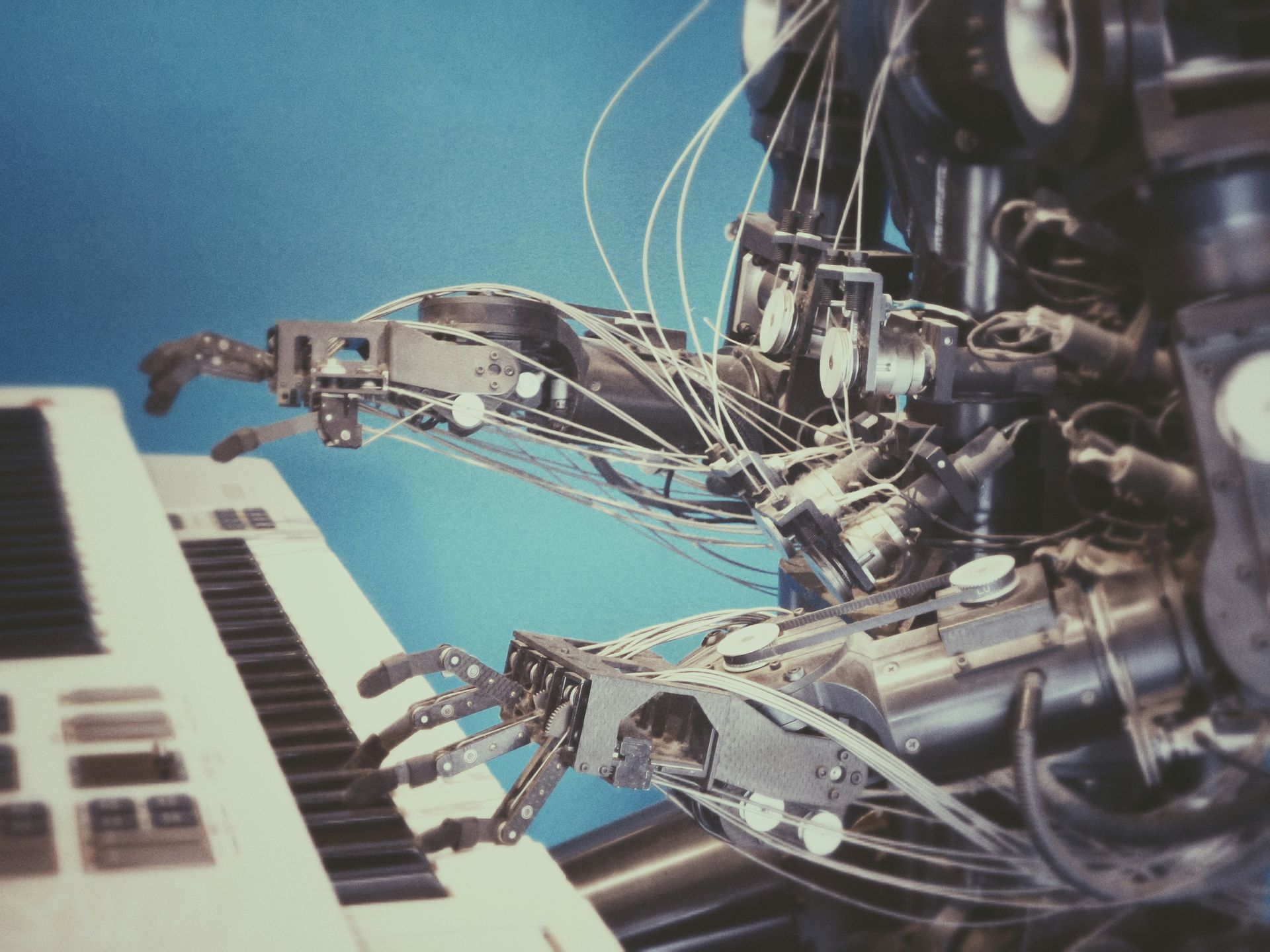Music has always been a reflection of human emotion, creativity, and passion. But what happens when an AI song takes center stage on the world’s most famous music streaming platform?
In a surprising turn of events, an AI song titled ‘Verknallt in einen Talahon‘ has managed to break records on Spotify, racking up an impressive 4.1 million streams.
This sudden success begs the question: How did an AI song get so popular?
How did an AI song get so popular?
The success of Verknallt in einen Talahon can be attributed to a combination of factors. Firstly, the song’s catchy melody and relatable lyrics resonated with a wide audience.
The AI behind the track was able to skillfully emulate human songwriting techniques, creating a composition that felt genuine and emotionally evocative.
Additionally, the song’s unique blend of genres and its innovative use of AI-generated vocals contributed to its popularity.

What Verknallt in einen Talahon is about?
Verknallt in einen Talahon explores themes of love, heartbreak, and longing. The lyrics, written by the AI, delve into the complexities of human relationships and the emotional turmoil that can accompany them.
The song’s title translates to “Crushed on a Talahon,” hinting at a fictional character or concept that serves as a metaphor for unrequited love.
Creating AI songs is easier than you think
The rise of AI music has made it easier than ever for aspiring musicians to create their own tracks. With the help of AI-powered tools, even those with limited musical knowledge can experiment with different genres, styles, and instruments.
One such platform is Suno AI, the powerful platform that leverages artificial intelligence to help musicians of all skill levels create their own music.
Here’s a step-by-step guide on how to use Suno AI to create your own AI song:
- Create an account: Sign up for a Suno AI account.
- Choose a genre: Suno AI offers a variety of genres to choose from, including pop, rock, hip-hop, electronic, and more. Select the genre that best suits your musical preferences.
- Select a mood: Once you’ve chosen a genre, you can further refine your song by selecting a mood. Options might include happy, sad, energetic, or calm.
- Experiment with instruments: Suno AI provides a wide range of instruments to choose from. You can mix and match different instruments to create the desired sound for your song.
- Generate a melody: The AI will generate a melody based on your genre, mood, and instrument choices. You can customize the melody by adjusting its tempo, key, and other parameters.
- Add lyrics: Write your own lyrics or use Suno AI’s built-in lyric generator to create song lyrics that complement the melody.
- Fine-tune your song: Use Suno AI’s editing tools to make adjustments to your song, such as changing the arrangement, adding effects, or modifying the overall sound.
- Export your song: Once you’re satisfied with your creation, you can export your song in various audio formats, such as MP3 or WAV.
Suno AI offers a user-friendly interface and intuitive tools that make it easy for even beginners to create professional-sounding music.
Are we losing ourselves?
As AI continues to advance, especially in creative domains like music, it’s worth pondering whether we’re on a slippery slope. While AI tools like Suno AI offer unprecedented opportunities for creativity and accessibility, there’s a growing concern that these innovations might dilute the essence of what makes music—and by extension, art—truly human.
Eminem’s track “Lose Yourself” resonates deeply here. In it, he raps about seizing the moment and pouring every ounce of oneself into their craft, capturing the raw emotion, struggle, and authenticity that define human artistry. But when an AI can churn out a hit song with millions of streams, where does that leave the human artist who spends years honing their craft? Are we trading the “soul” of music for convenience?
“Lose Yourself” is an anthem for anyone who’s ever faced a pivotal moment, where everything is on the line, and you have to give it your all. It’s about the blood, sweat, and tears that go into creating something meaningful. With AI in the mix, there’s a risk that the essence of this struggle—the heart and soul behind the music—could be overshadowed by algorithms optimized for catchiness and commercial appeal.

On the flip side, some might argue that AI in music is just another tool, like a synthesizer or a digital audio workstation. After all, Eminem himself has embraced new technologies in his music production. The key difference is that while tools enhance human creativity, AI is beginning to replicate it.
The question then becomes: Are we at risk of losing the very thing that makes music so powerful—the human touch, the story behind the beats, the imperfections that make a song unique?
As we listen to tracks like the AI song, Verknallt in einen Talahon, it’s essential to remember the message in “Lose Yourself”—to not let this “once-in-a-lifetime” opportunity slip, to maintain the authenticity and passion that define us. Whether AI-generated or human-made, the most impactful music will always be the kind that resonates with our shared experiences, our struggles, and our triumphs.
In the end, the challenge is not just about creating a hit song but about preserving the depth and humanity in our music.
Featured image credit: Butterbro/YouTube





